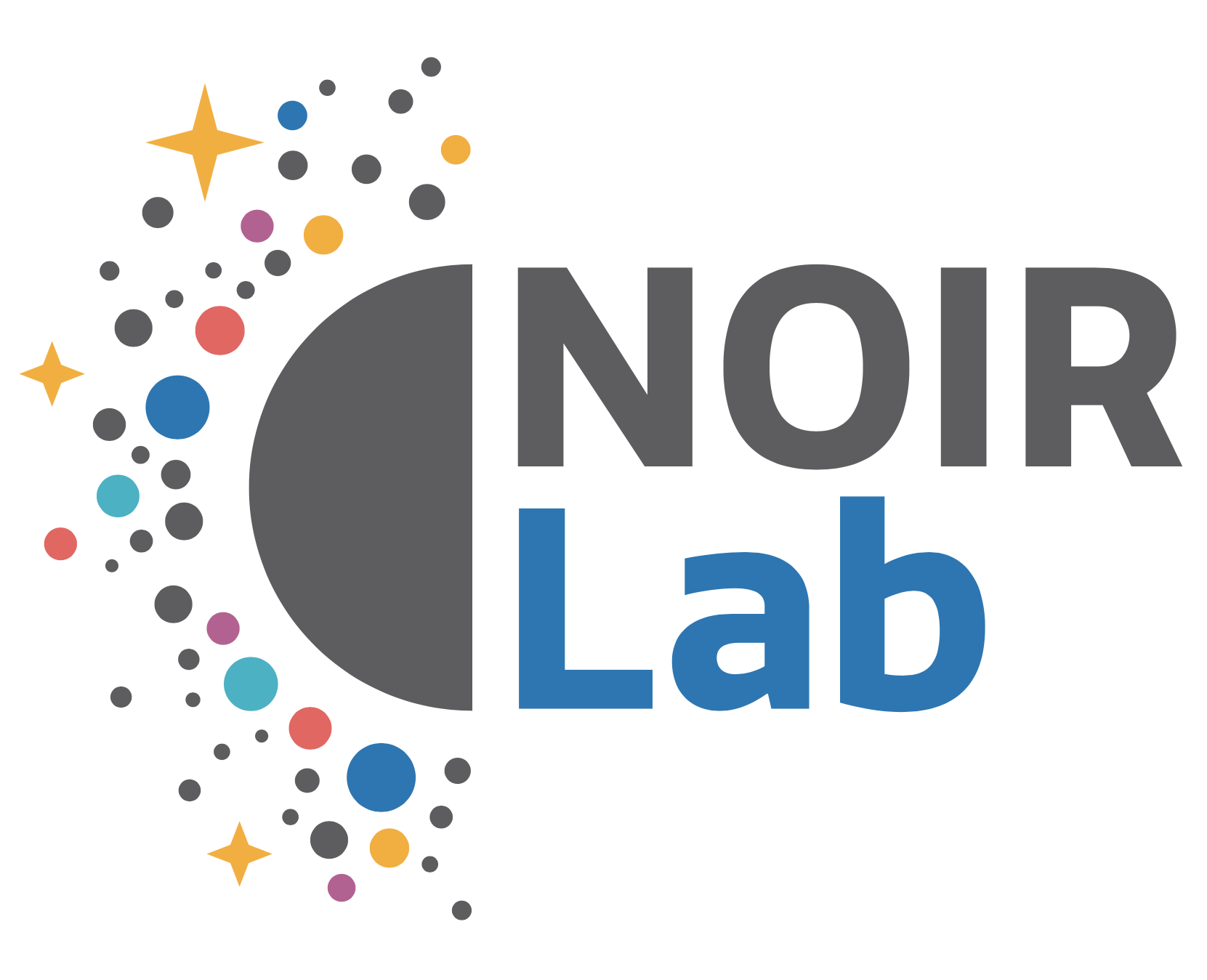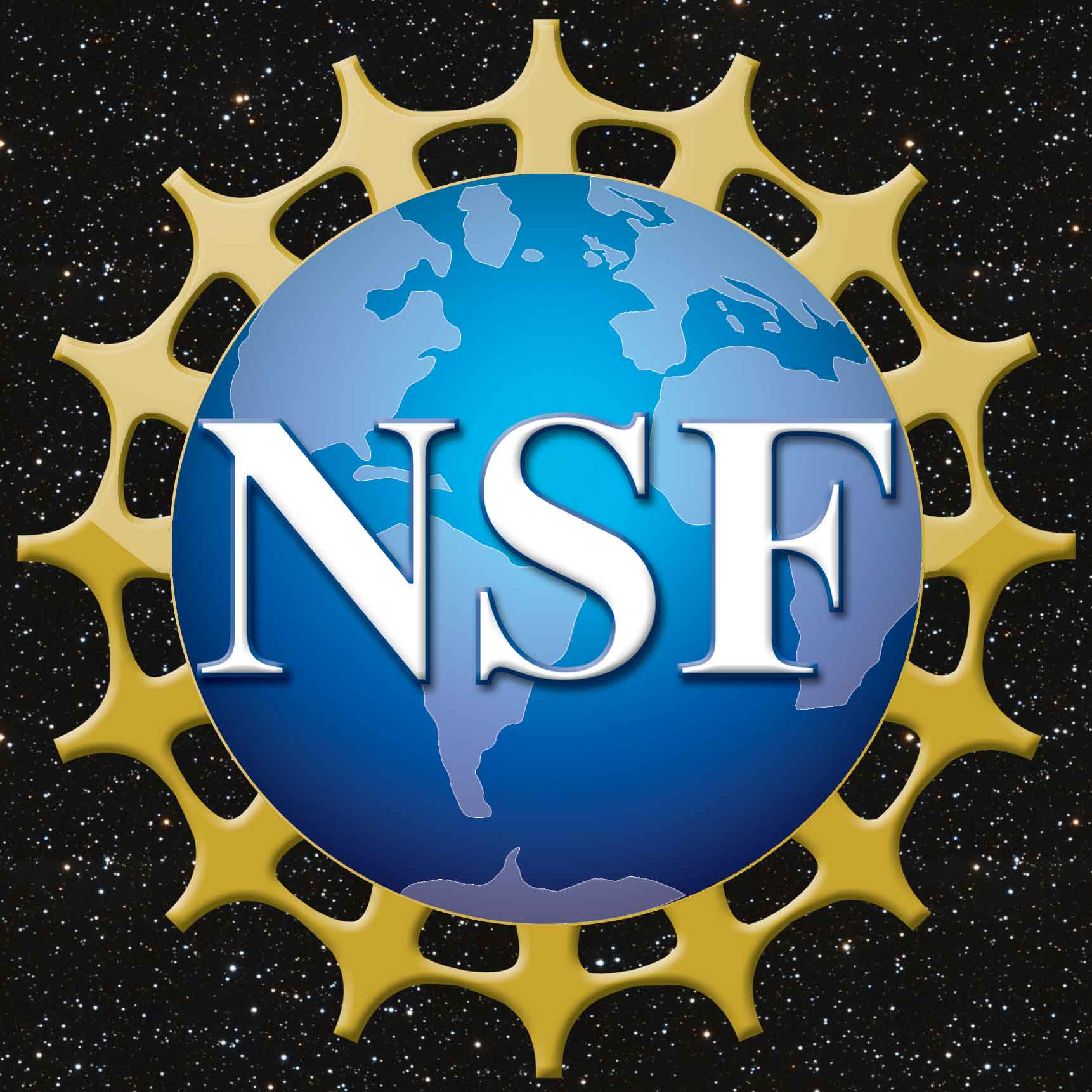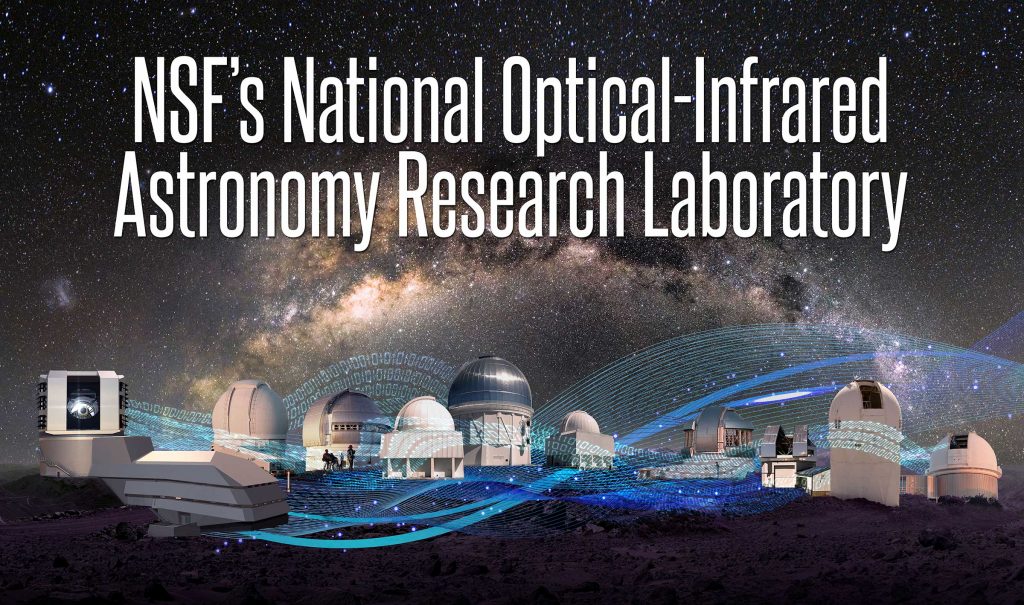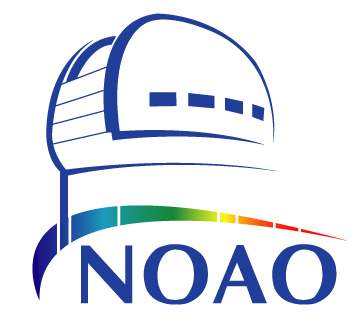When and how galaxies form, how quickly they form and how they evolve to form the beautiful galaxies we see to day is a longstanding question in astronomy.


When and how galaxies form, how quickly they form and how they evolve to form the beautiful galaxies we see to day is a longstanding question in astronomy.

Cellphones are now to the point where they can produce pleasing astronomical images. This podcast describes how to use your cellphone to capture pleasing wide field images of the sky and how to attach your cellphone to a pair of binoculars or a telescope to capture fainter objects.

Updates about NSF’s National Optical Infrared Astronomy Research Laboratory. First, the organization has a new name: NOIRLab. The Globe at Night program is still running strong and there is a quick update about the New Horizons Parallax Program.

Red supergiants are massive stars at the end of their lives. Theoretical predictions about how they go supernova have not matched observed data. In this podcast, Dr. Emma Beasor discusses recent research that attempts to explain the red supergiant problem.

Black holes power the most luminous objects in the universe. Active galactic nuclei (AGN) are powered by supermassive black holes. In this podcast, Dr. Stephanie Juneau discusses recent research on obscured black holes.

NSF’s Optical Infrared Astronomy Research Laboratory launched on October 1, 2019. Rob Sparks talks about three press releases from the meeting that involved OIR Lab facilities.

Recently the Gemini Observatory imaged Comet Borisov. In this podcast, Dr. Meg Scwhamb discusses Comet Borisov and the recent imaging campaing

NEID will search for exoplanets by using the Doppler, or Radial Velocity (RV), effect. As a planet orbits its star, it exerts a tiny gravitational pull on the star, causing the star to “wobble.”

The National Science Foundation has merged all of its ground based astronomy facilities as of October 1, 2019. In this podcast, NSF’s OIR Lab Deputy Director Dr. Beth Willman discusses the launch of the new organization.

In this podcast, Dr. Scott Kleinman discusses the new and upgraded instruments currently under development to keep Gemini Observatory at the forefront of astronomical research.